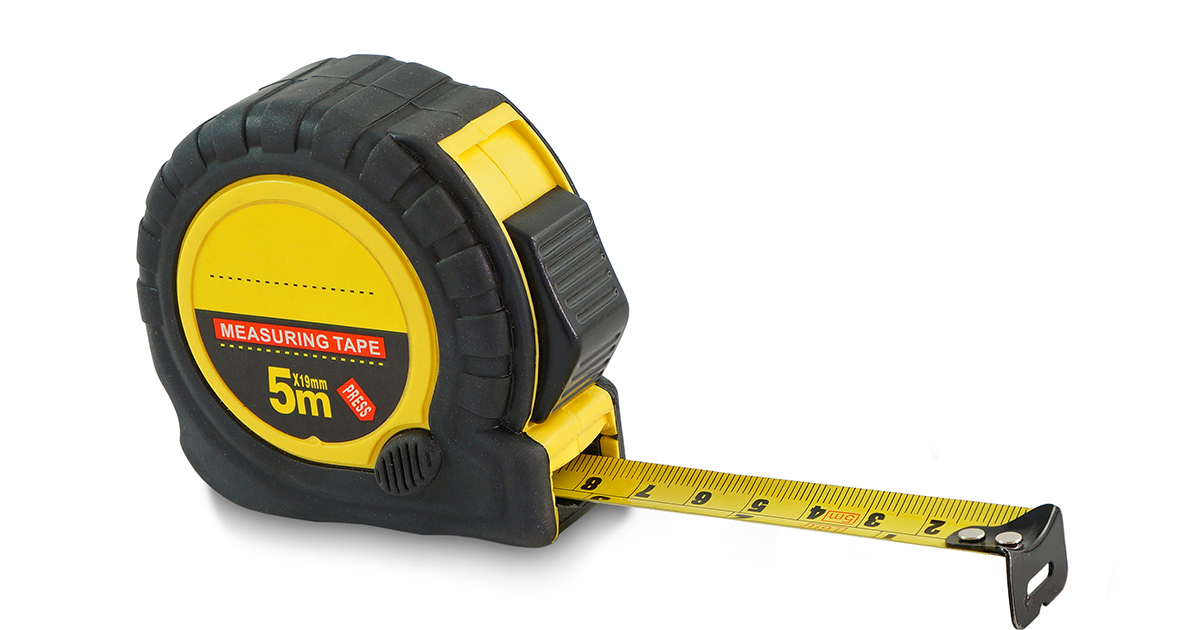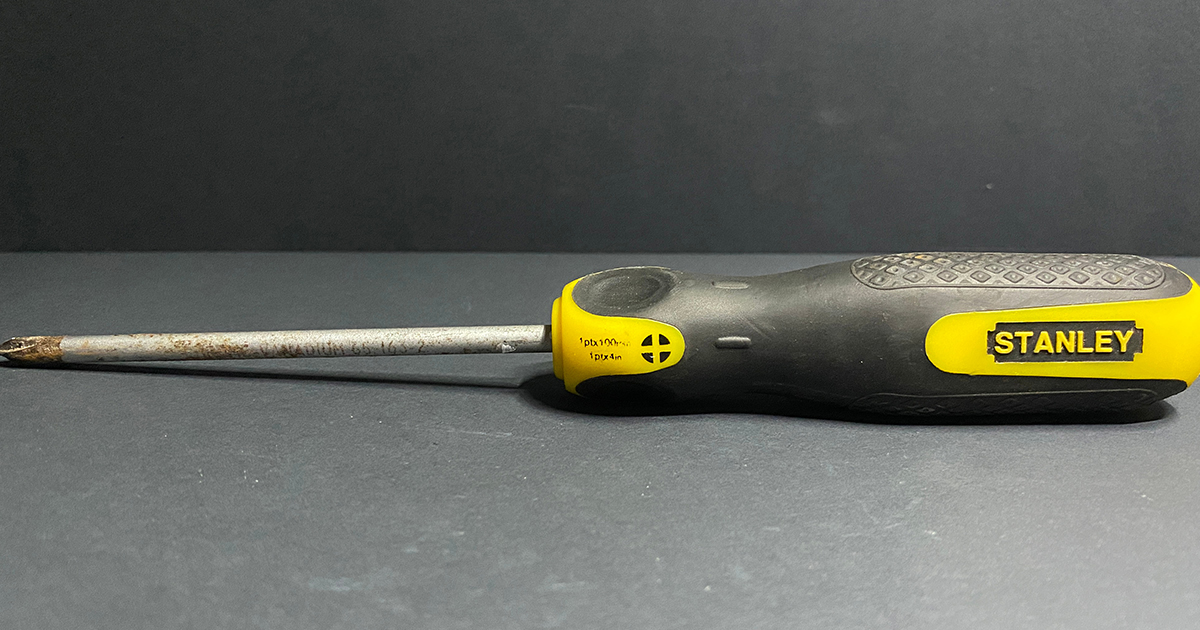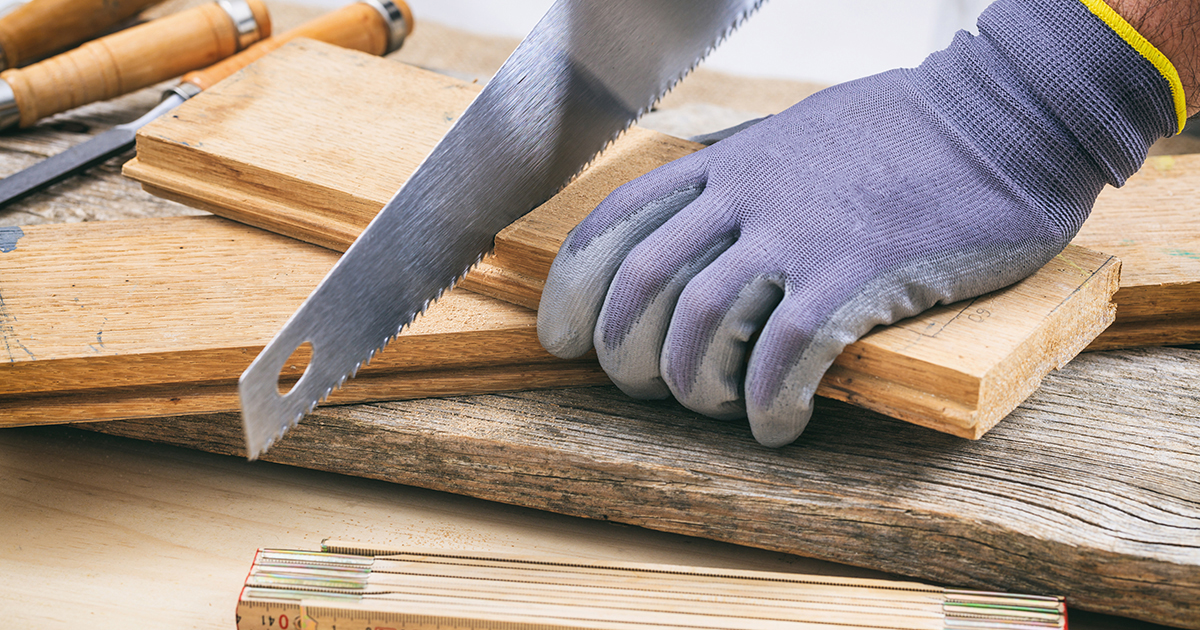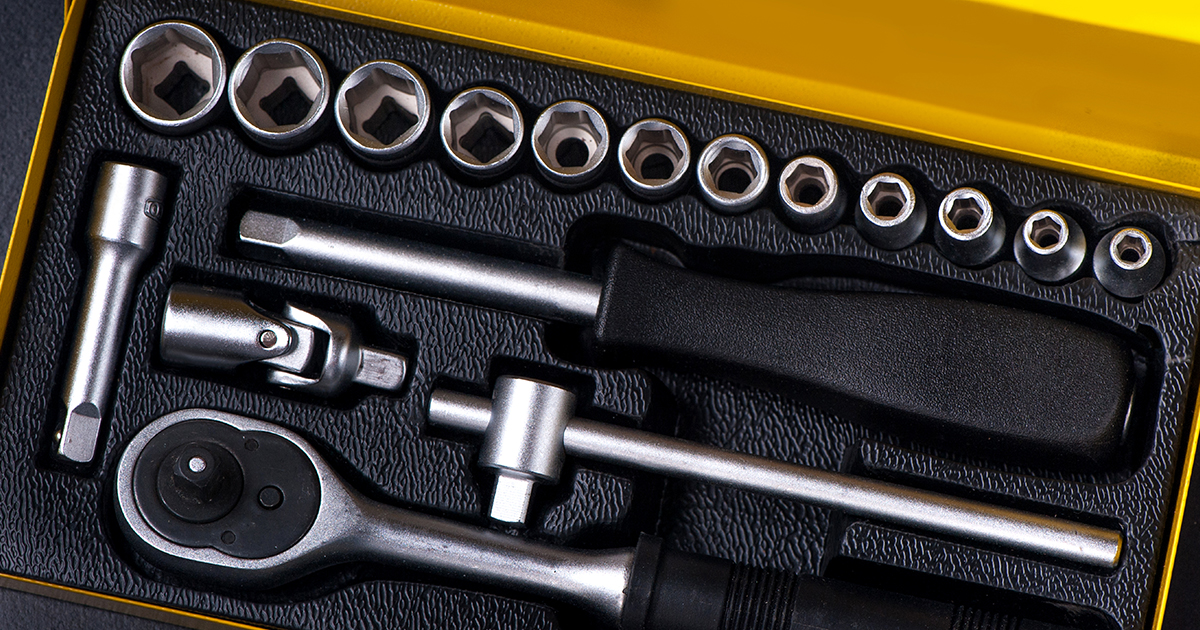We all need tools for repair and maintenance work, but it can be hard to know where to start when assembling a toolbox from scratch. You won’t go wrong, however, if you invest in these 10 essential tools.


Tape measure:
Remember, measure twice, cut once. You’ll need a measuring tape to calculate how much paint to buy, or to figure out what size sofa will fit in a snug corner of your room. You simply can’t do basic DIY without a measuring tape.
Screwdriver:
This is a tool we often take for granted, but try putting up a shelf for the TV without one. Identify the right one for the job and your fixtures and fittings will stay securely in place until you decide to dismantle them.


Hammer:
This hand tool is used to drive nails, fit parts, forge metal, and break objects apart. A good hammer is a staple in every tradesman’s toolbox. Before you embark on any DIY projects, make sure it’s part of your kit too.
Utility knife:
This is great for slicing plastic, opening boxes and cutting rubber and paper. Stop messing about with sissors and get yourself one of these.
Sledgehammer:
If the job requires more force than a hammer allows, a sledgehammer could be the answer. If you have demolition on your mind, this is the tool for you.
Handsaw:
Use this to get rid of excess wood on new skirting board. It doesn't have the same strength as a power saw but for quick tidy ups, the handsaw is a good choice.


Pliers:
Use a pliers when you need an extra grip, on something round such as a pipe or when twisting or cutting wires.
Work gloves:
Life is too short to deal with blisters. Use these to protect your hands.
Universal wrench set:
Tighten and loosen bolts easily with a decent wrench set. Similar to screwdrivers, wrenches come in various sizes. It's important to choose the right one for the job.


Toolbox:
Keeping your collection of nails, bolts, and screwdrivers organised is important so they're on hand when you need them. Invest in a decent toolbox to store all your DIY essentials.


